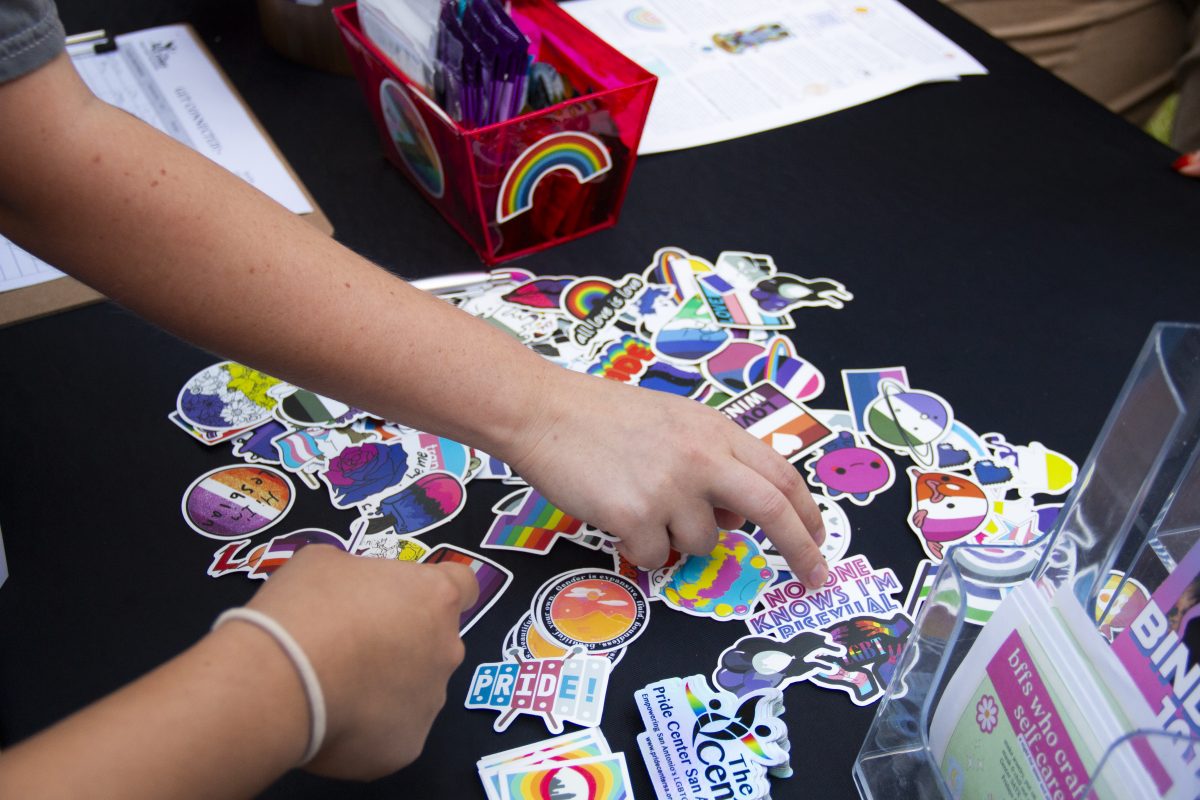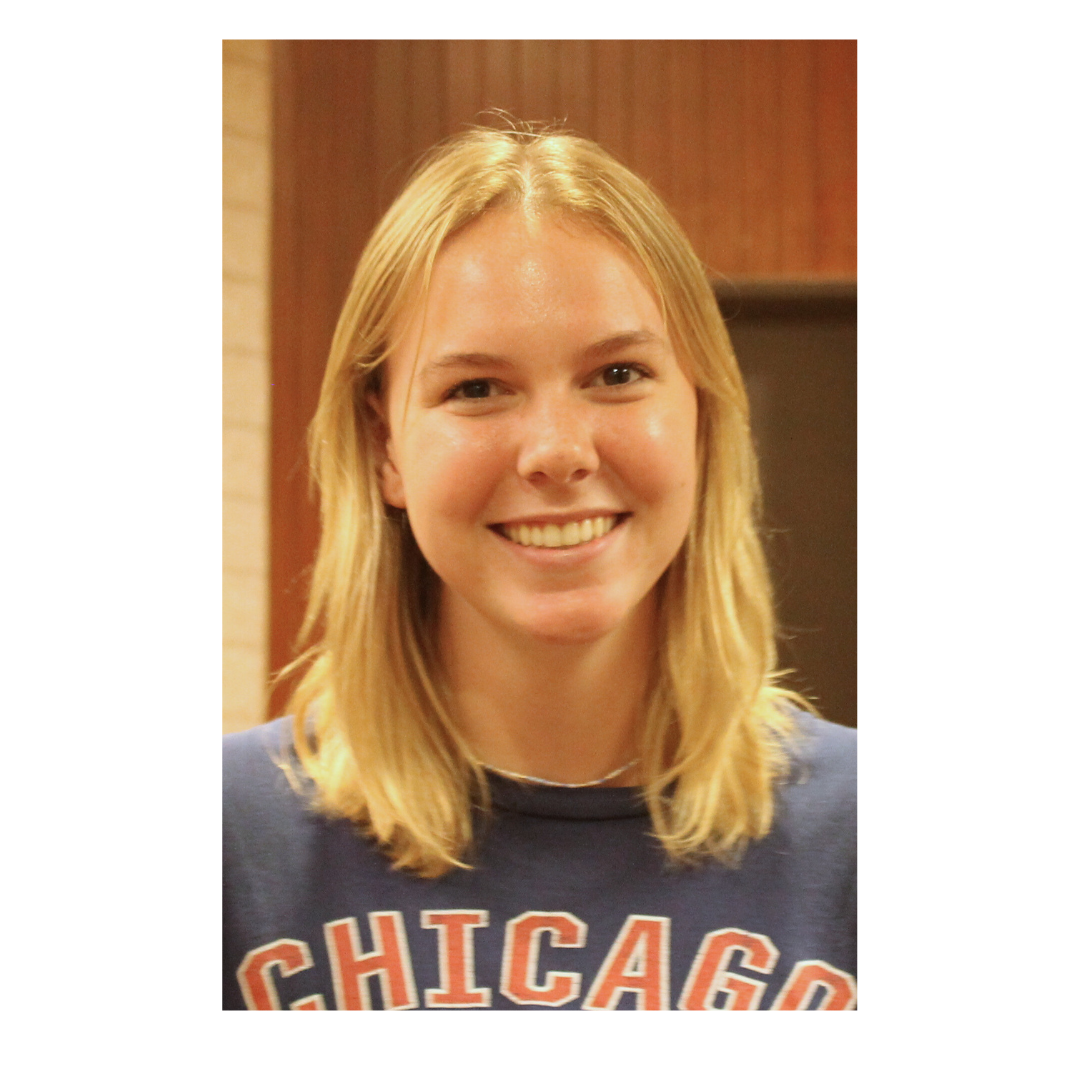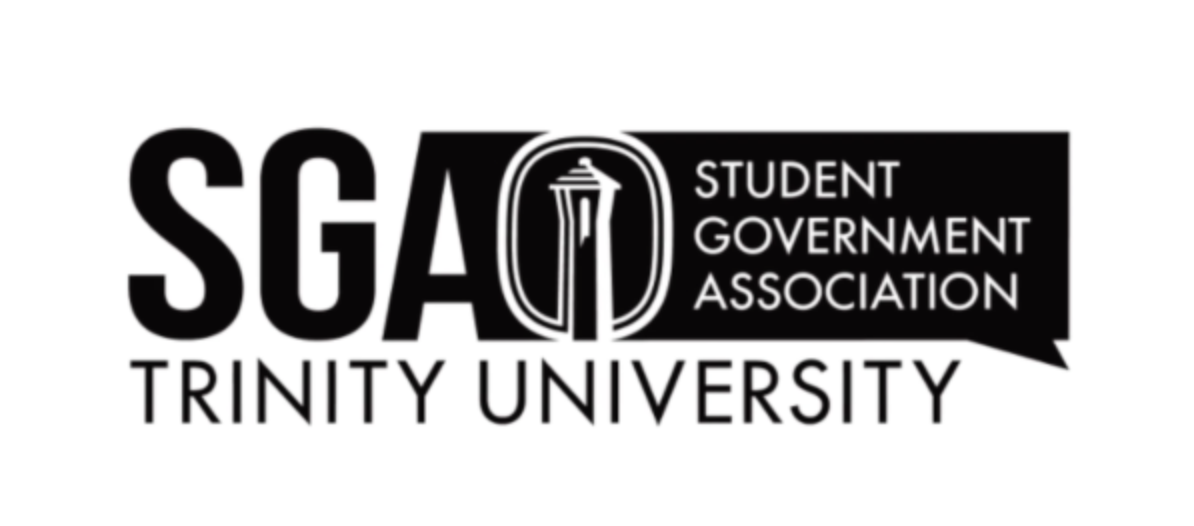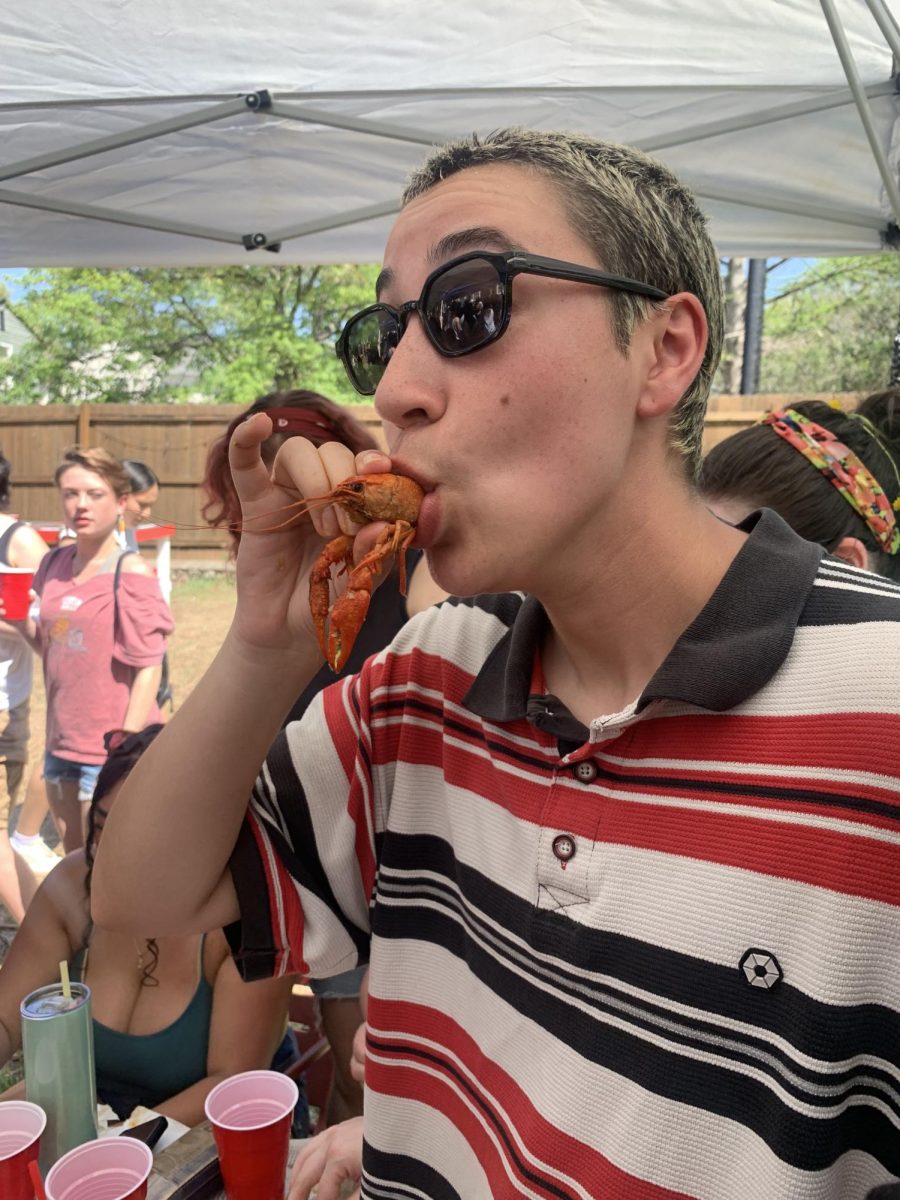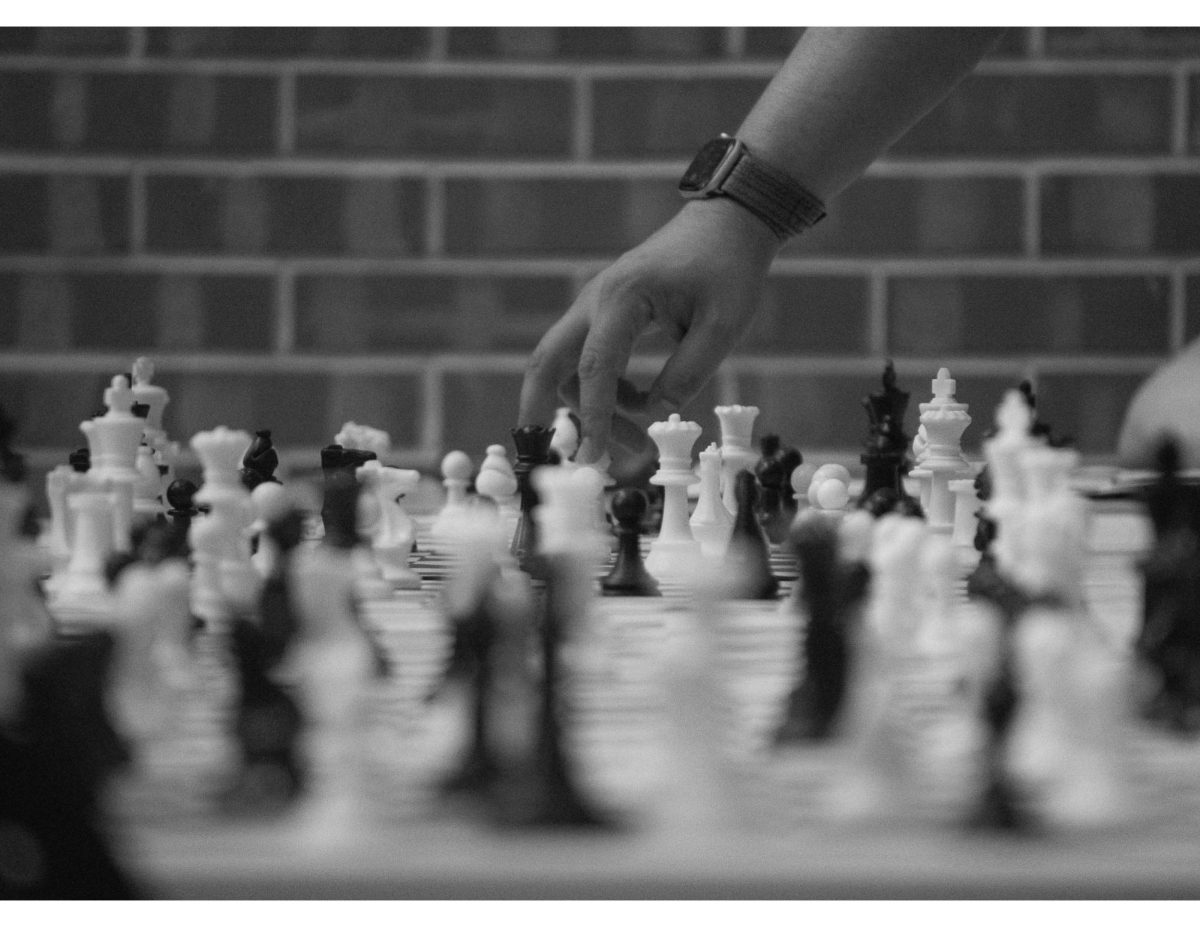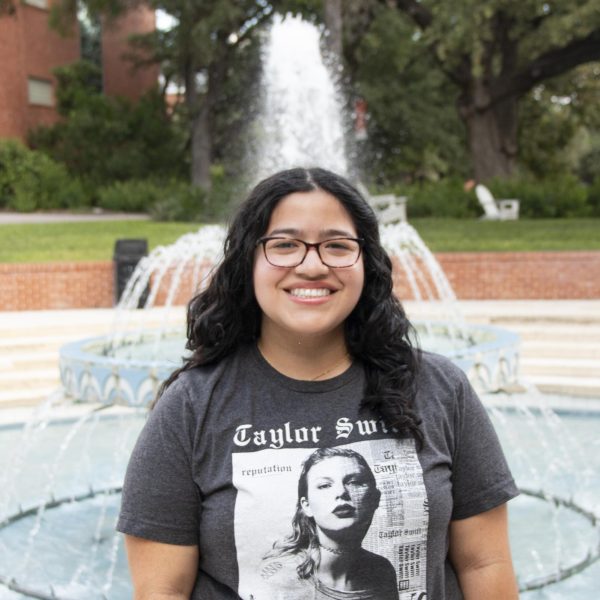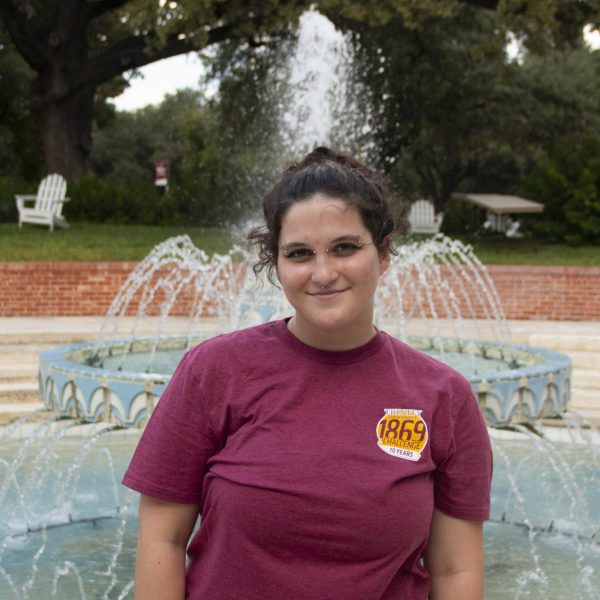Trinity University hosted its first Queer Health Fair on Thursday, Sept. 12. Fourteen on and off-campus organizations gathered to educate students about queer health.
The event featured organizations like the San Antonio AIDS Foundation and Pride Center San Antonio. Speakers played music from Chappell Roan and other artists while students made crafts and learned about resources for queer health. While providing resources was a priority, the Wellness Services office noted that they also wanted students to have fun. They provided snacks, a photo booth and a bracelet making activity for students.
Last year, Trinity’s Student Government Association fully funded a $100,000 mental wellness initiative, and the Queer Health Fair is one of many events to come as a result of that initiative. The funding allowed for dog therapy and the hiring of a new wellness programming coordinator, Kat Walz, this summer. Marlaina Widmann, assistant director of Wellness Services, noted that Trinity’s services are open for all students to use regardless of their identity.
“It’s a whole nation issue that we have when it comes to queer health disparities, but we want to try to help alleviate them,” Widmann said. “What I want them to do is share how their services are queer-friendly.”
Wellness Services conducted the National College Health Assessment in 2023 and noted a health disparity for queer and genderqueer students. Ryan Moos, senior sociology major and a peer health educator, shared her experience as a facilitator for the event.
“Queer people are really underrepresented, so it’s really important that we show diversity on campus and create a safe space for students to come and be able to celebrate their identity,” Moos said.
Lindsi Reyes, junior anthropology major and student worker at the Student Inclusion and Belonging office, mentioned the social significance behind the fair.
“It’s so cool to have these resources available specifically when historically, these have not been topics or things that have been able to be expressed at colleges,” Reyes said.
The fair counted for Greek life standards points, which was intended to attract a broader range of students. However, Isabel Garcia, junior physics and geoscience double-major, noted a lack of student attendance.
“I’m here because we needed to be here for Greek life standards points. I thought I was just gonna stop by, but we’re actually hanging out and making bracelets,” Garcia said. “More people should be here. I think that this is a really cool event, and it sucks that I don’t think it was advertised as much as it should have been because there should be more people here.”
While the Queer Health Fair’s main focus was for queer students, the event was not limited to one population. Widmann noted the activities are accessible for all students.
“Everybody can enjoy this event. You don’t have to be queer to enjoy the event. You could be questioning, you could be straight, you could be mostly straight, and you still enjoy the event and learn something from it,” Widmann said.

